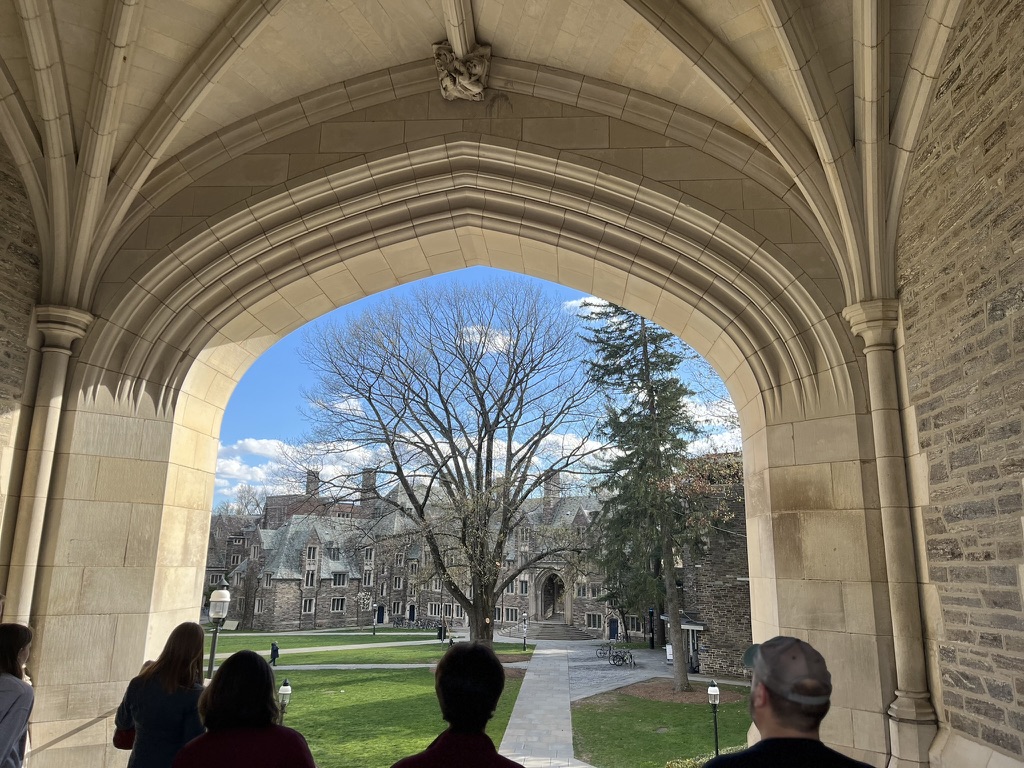What on earth? That’s probably what every geologist was muttering.
https://e360.yale.edu/features/the_anthropocene_debate__marking_humanitys_impact
There may be a new “Anthropocene” epoch due to human activity. Human involvement is a key part of this epoch discussion because “to say we had moved on to the Anthropocene would represent an acknowledgment that recent, human-induced changes to geological conditions had been profound enough to bring the Holocene to a close” (Zhong). This article addresses the scientific geological community and environmentally concerned young, educated people in the 21st century because it stresses the importance of humans’ role in stratigraphical changes and the possibility of a new era dedicated to their profound impacts. It also points to a future audience, adding, “The task of interpreting what it all means, and how it fits into the grand sweep of history, might fall to the future inheritors of our world” (Zhong). This author employs scientific evidence and many different perspectives to present the arguments for and against the concept of a new epoch on Earth, such as quotes from geologists. The author employs emotion to spark curiosity with sweeping and grandiose writing such as, “This question of how to situate our time in the narrative arc of Earth history has thrust the rarefied world of geological timekeepers into an unfamiliar limelight.” This New York Times online article is found in their traditional web media layout, with a black serif font centered on a stark white background. The article, less scientific than the 1440 article, reads somewhat like an editorial— rather than a scientific journal because the rhetorical choices focus not primarily on science and scientists but on human impact and a historical context.
























































